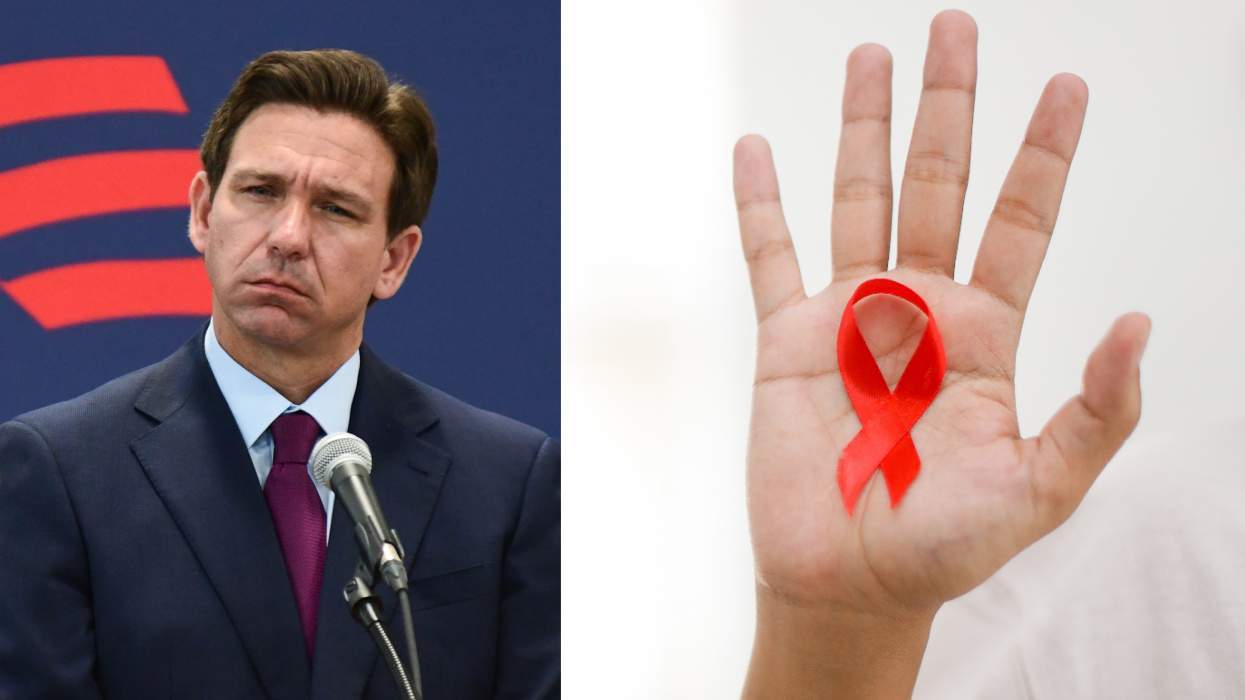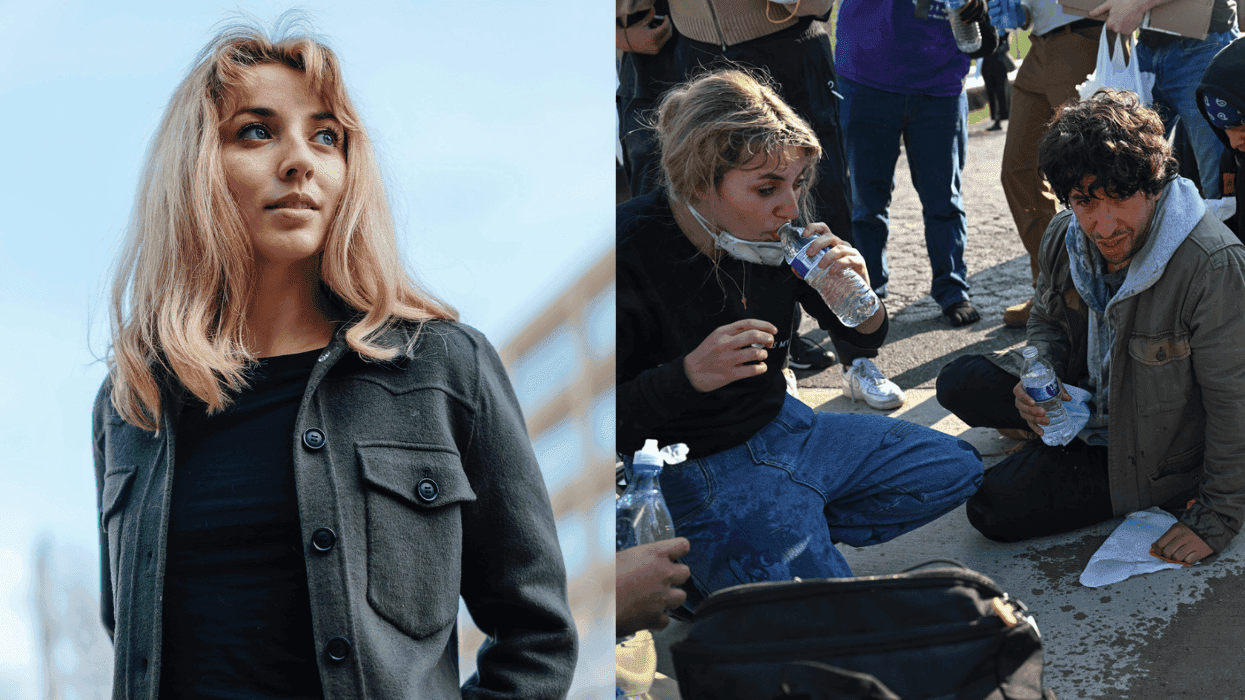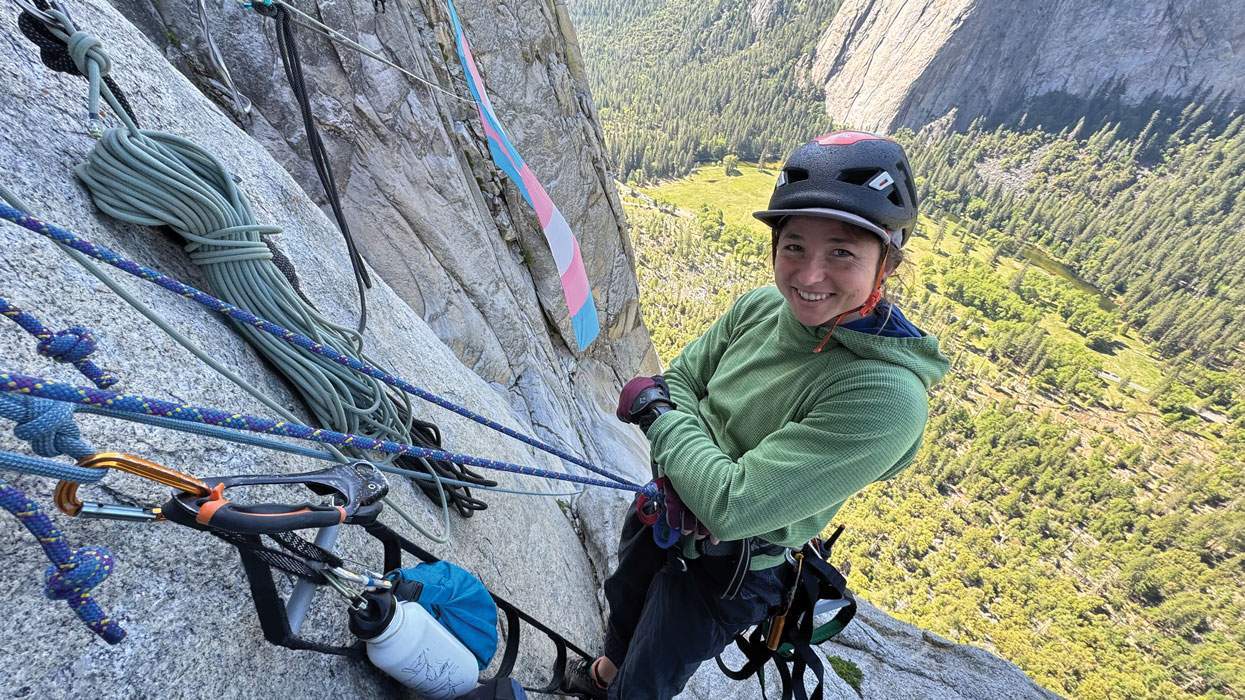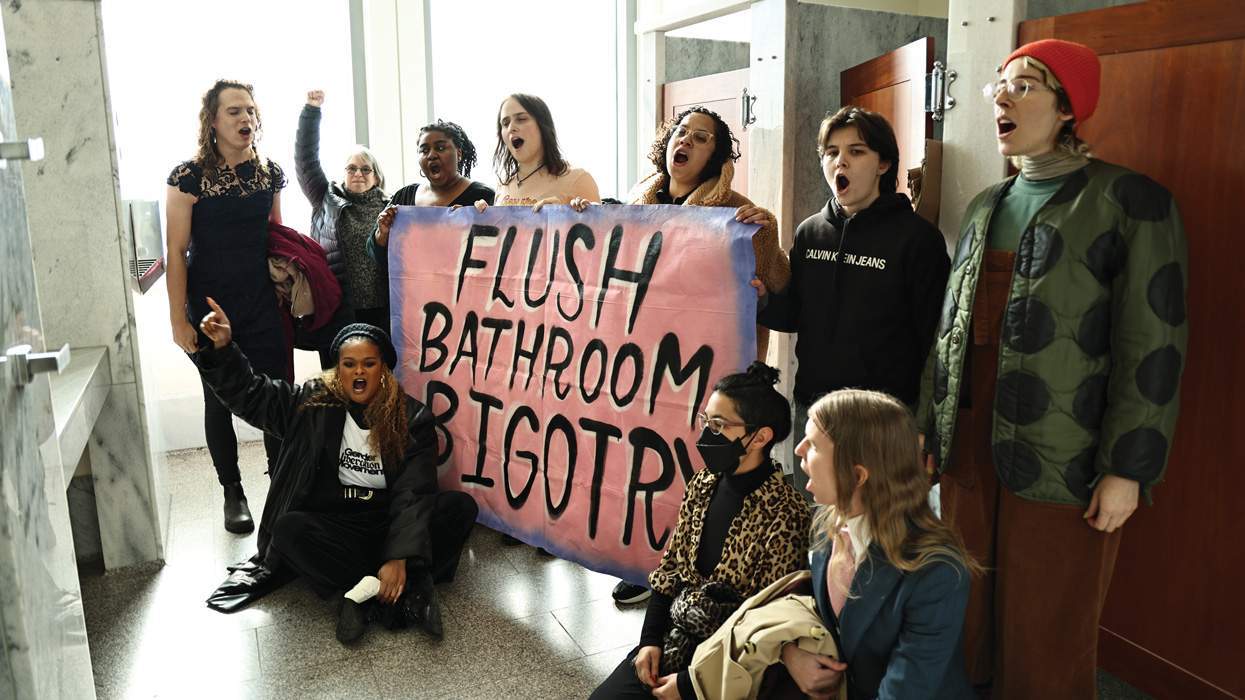With her recent work, Julietta Singh, associate professor of English and women, gender, and sexuality studies at the University of Richmond, has taken the mantle of other brown and Black lesbian and bisexual female authors who came before her -- including powerhouses like Gloria Anzaldua, Cherrie Moraga, and Audre Lorde -- to create contemporary queer women of color critiques.
The author of last year's No Archive Will Restore You, which garnered her a Lambda Award nomination (in bisexual nonfiction), and 2017's Unthinking Mastery: Dehumanism and Decolonial Entanglements, Singh has topped Amazon charts in the gay and lesbian literary criticism category with her brilliant witness to the way society processes certain bodies differently.
No Archive takes the academic concept of "archive" and subverts it to the body, while tackling everything from queer theory to violence, eating disorders, race, sex, and pain. Simply put, "archive" also references the social and material baggage a girl inherits the moment she's born. ("Femininity is an endurance test," Singh explains. "It's impossible to perceive yourself in a neutral way.")
The Advocate: No Archive Will Restore You feels like it's about dissenting and transforming bodies, from transgender bodies to pain and childbirth.
Julietta Singh: At the heart of the book is a desire to think against the very limited social scripts we have been handed down about our bodies, about what they are, how they are perceived, and how they should behave. We are told all our lives that we are self-contained individuals, and in opposition to this logic, I wanted to write the body in a way that lets us see and imagine how wrapped up we are with other bodies, even at a molecular level. The book tries to reimagine the body as a site of absolute possibility and of enduring transformation, turning toward rather than against it. It occurs to me that the book may be nothing more than a very strange love letter to our bodies.
My husband transitioned from butch lesbian to trans man 14 years into our marriage, so I'm fascinated when you discuss others who knew your partner's body in various states. Do you regret not knowing that body through those stages?
I write in the book that my partner, Silas, had a long and successful haul as a butch before he transitioned a bit later in life. I met him after his transition, and what I love about having him with me in the here and now is that we are witnessing and holding each other's bodies through states of change -- injury, illness, aging -- and in this sense we are gathering a body archive together. If I regret not knowing his body before, it has little to do with a desire to bear witness to his shifting masculinities.
I love that you say our bodies are all changed bodies. I lost a significant amount of weight a few years after [my husband] transitioned and often tell people that we both have radically altered bodies that our partners had to learn anew, but everyone focuses so much more on his gender as fundamental.
I love your evocation of learning bodies anew, which may well be the most promising way of thinking about learning itself -- as an act of always starting again with openness and wonder toward oneself and others. I suspect the social attention that veers toward Jacob's transition and away from your significant weight loss has everything to do with gender. Transitioning is so often read as "subversive" or "radical" -- even often in those social spheres that accept it -- so it garners a lot of attention. On the other hand, our culture expects -- even demands -- a calculated feminine aesthetic, so when women lose weight it is as though we are finally doing something we have been expected to do all along.
I sense you think we're changed by the pain we suffer. We think of pain as a loss most of the time. Is there a gain with pain? I'm interested in thinking of pain outside of the logic of loss and gain. In my own experience of physical pain, I have certainly both lost (mobility, confidence, capacity) and gained (insight, endurance, new practices). But my real interest in pain is in how it reshapes -- for better, for worse -- what you thought you were.
Why did you keep everyone nameless in the book? It's funny, for as much as I reveal about personal experiences in No Archive, I never think about the book as confessional. The book is trying to think through the individual to get beyond the individual, by which I mean that I use moments from my own life and encounters with others to try to think about larger ethical and political questions. My friends and intimates drop in and out of the book not as developed characters, but as figures with whom I can ask larger questions or think through problems that exceed us. As unspecified people, I felt that they could more readily extend beyond themselves.
















